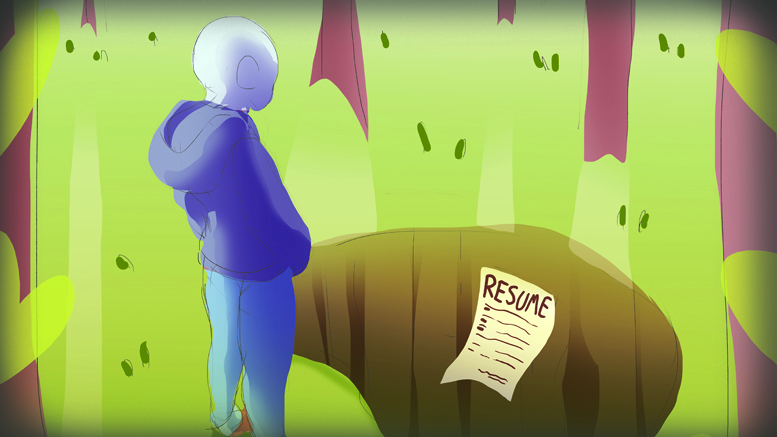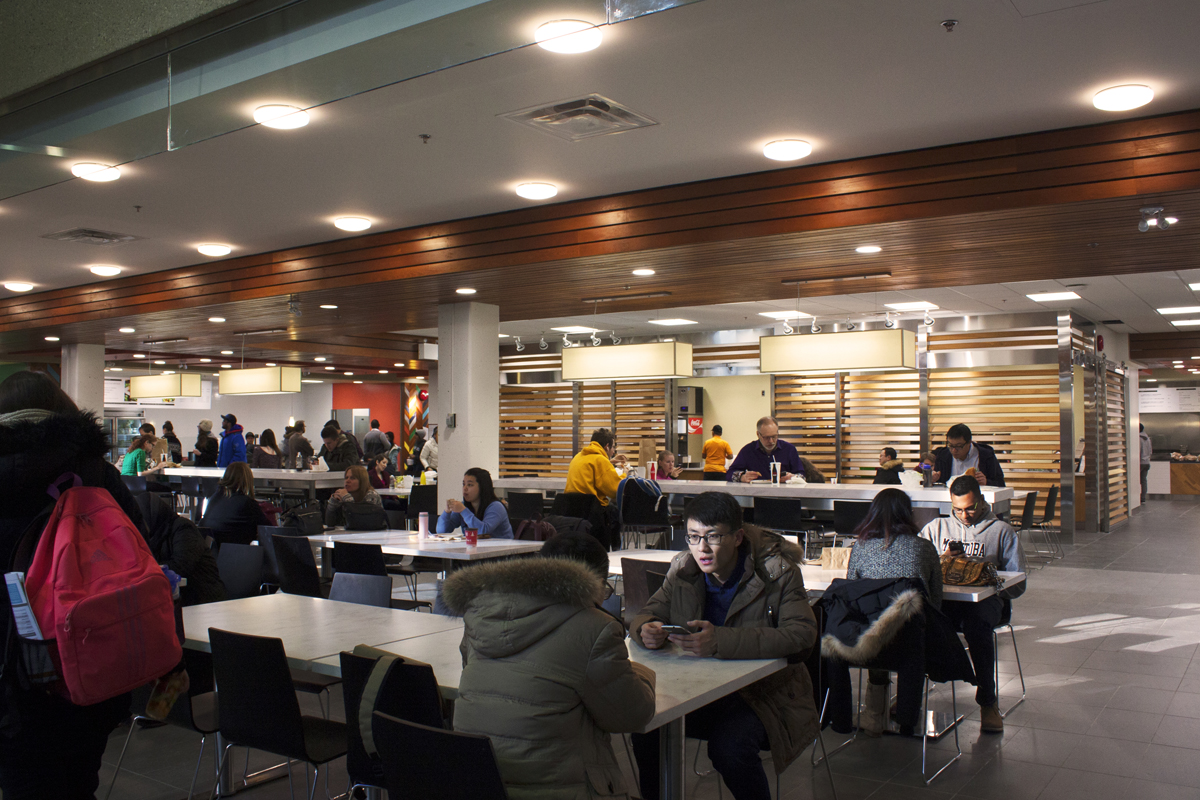As someone who has completed two degrees and spent what some people would call a ridiculous amount of time in post-secondary school, I have met many different people from various disciplines and backgrounds. The longer I stayed in school, the more I noticed a recurring complaint among students regarding their job prospects after graduation.
There is a sentiment among many students today that they have been sold a lie: that a university education will earn you a good job, one that you enjoy and that pays well. In reality, many students have faced roadblocks in finding any kind of employment suitable to their field of study.
The reality of the job market, particularly here in Manitoba, is that most jobs that are not deemed “in demand” require a significant amount of job experience on top of earning a degree. In my experience, part-time employment is necessary to gain the required work experience, but not many work opportunities are available as an undergraduate.
It wasn’t until after I completed a four-year bachelor’s degree that I realized I didn’t have enough experience to simply go out and find a job in my field. Many students face this same realization and are left with two options: enter the competitive job market or gain more credentials.
Personally, I choose the latter. But the added credentials haven’t necessarily allowed me to find relevant employment – instead, it was the part time job opportunities that were available to me because I was a graduate student. Many students, however, are not able or willing to go to graduate school, which raises the question, how will those that do not pursue further education past a bachelor’s degree be able to find work in their field?
It seems that the norm for many students is to work in retail or the restaurant business (low-skilled, low-wage work) while completing their education. However, it is only upon graduation, when these students start looking for employment in their field of study, that they realize a degree on its own won’t cut it.
There seems to be not only a rising necessity of further education, but also more extensive work experience, to do the same jobs that were previously done by less educated people. In the past, people could attain a high school diploma as their highest level of education and still be able to find a job and make a decent and livable wage. Today, however, anyone seeking a job with only a high school diploma would be hard pressed to find employment that pays a livable wage, keeping them out of poverty.
The bare minimum today seems to be a degree, diploma, or certification of some kind, but even then that does not guarantee a job. There are instances where even a PhD does not guarantee a livable salary.
There are several reasons why this could be. It’s likely because the baby boomers not only have a monopoly over the job market, but many of them who are at the retirement age are simply not retiring. This is making the jobs that are available more competitive and thus employers can be a bit more choosey in who they hire for the job.
The result has been more student loans and debt, overqualification, and unemployment.
Instead of touting degrees and diplomas as the gateway to meaningful employment, more action needs to be taken to ensure that the degrees and diplomas that students are striving to achieve will sufficiently prepare and qualify them for the work they will eventually seek.
Some programs have already introduced co-operatives and practicums, but more hands-on skill building is needed for all programs so that students aren’t left saddled with large debts and facing unemployment.





